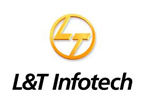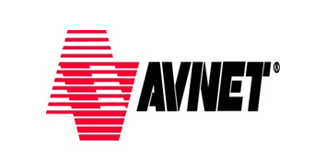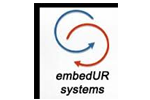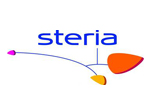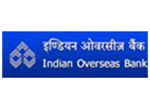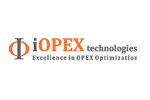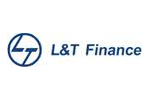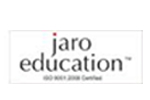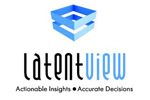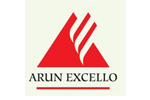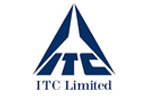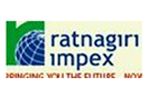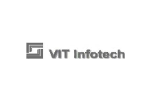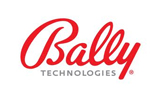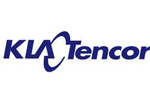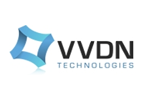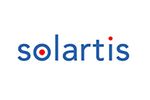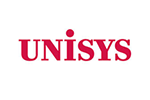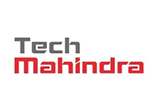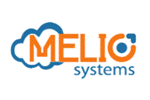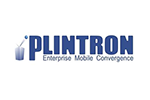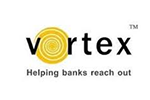About the Department:
The Department of Information Technology was established in the academic year 2008 with an initial intake of 60 students, now increased to 90. It is supported by a dedicated team of faculty members who are committed to sharing their expertise and guiding students toward academic excellence. To enhance the academic curriculum, the department regularly conducts guest lectures, hands-on training sessions, seminars, and workshops, all sponsored by the institution. These initiatives help students stay aligned with current industry trends and technologies. The IT department is devoted to offering a robust curriculum that equips students with both theoretical knowledge and practical skills for employability. In addition to the core subjects, students are encouraged to enroll in value-added courses such as Oracle-DBA, Data Warehousing, Multimedia, Advanced Java Programming, and Mobile Application Development.
The department boasts a well-established infrastructure, featuring spacious classrooms, seminar halls, and state-of-the-art laboratories equipped with 130 computers and two high-performance servers. All laboratories are equipped with high-speed internet facilities to support digital learning and practical work. “Insignia,” the department’s annual national-level technical symposium, serves as a vibrant platform for students from across the country to display their talents. The event is renowned for its broad outreach and its ability to attract a large number of participants, enabling young innovators to showcase their skills to a diverse audience.
Each year, numerous students from the department secure placements in top-tier companies such as Zoho, Avenet, Cognizant (CTS), Tata Consultancy Services (TCS), Infosys, L&T Infotech, Computer Sciences Corporation (CSC), UST Global, and Wipro. Faculty members have consistently achieved 100% results in several subjects, demonstrating their commitment to academic excellence. The department also invites experts from various universities and industries to provide additional insights and exposure to students. Moreover, the department has successfully hosted the DST-sponsored INSPIRE program and a workshop on Big Data Analytics. Students have also excelled in various academic and sports events at both state and national levels, earning recognition and accolades.
Vision:
- To be a center of excellence in the field of Information Technology to solve complex industrial and societal needs.
Mission:
- Imparting strong knowledge to students in recent technologies by organizing various technical events.
- Providing platform for the students to encourage creativity, team work, leadership quality and social responsibility.
- Developing the employability and entrepreneurial skills of the students by conducting industry collaborated training.
- Inculcating the importance of research and higher education through awareness programs.
Program Educational Objectives (PEOs):
- PEO 1: Demonstrate technical competence with analytical and critical thinking to understand and meet the diversified requirements of industry, academia and research.
- PEO 2: Exhibit technical leadership, team skills and entrepreneurship skills to provide business solutions to real world problems.
- PEO 3: Work in multi-disciplinary industries with social and environmental responsibility work ethics and adaptability to address complex engineering and social problems
- PEO 4: Pursue lifelong learning, use cutting edge technologies and involve in applied research to design optimal solutions.
Programme Specific Outcomes (PSOs):
Engineering Graduates will be able to:
- PSO 1: Have proficiency in programming skills to design, develop and apply appropriate techniques, to solve complex engineering problems
- PSO 2:Have knowledge to build, automate and manage business solutions using cutting edge technologies.
- PSO 3: Have excitement towards research in applied computer technologies.
Programme Outcomes (POs):
Engineering Graduates will be able to:
- Engineering knowledge: Apply the knowledge of mathematics, science, engineering fundamentals, and an engineering specialization to the solution of complex engineering problems.
- Problem analysis: Identify, formulate, review research literature, and analyze complex engineering problems reaching substantiated conclusions using first principles of mathematics, natural sciences, and engineering sciences.
- Design/development of solutions: Design solutions for complex engineering problems and design system components or processes that meet the specified needs with appropriate consideration for the public health and safety, and the cultural, societal, and environmental considerations.
- Conduct investigations of complex problems: Use research-based knowledge and research methods including design of experiments, analysis and interpretation of data, and synthesis of the information to provide valid conclusions.
- Modern tool usage: Create, select, and apply appropriate techniques, resources, and modern engineering and IT tools including prediction and modeling to complex engineering activities with an understanding of the limitations.
- The engineer and society: Apply reasoning informed by the contextual knowledge to assess societal, health, safety, legal and cultural issues and the consequent responsibilities relevant to the professional engineering practice.
- Environment and sustainability: Understand the impact of the professional engineering solutions in societal and environmental contexts, and demonstrate the knowledge of, and need for sustainable development.
- Ethics: Apply ethical principles and commit to professional ethics and responsibilities and norms of the engineering practice.
- Individual and team work: Function effectively as an individual, and as a member or leader in diverse teams, and in multidisciplinary settings.
- Communication: Communicate effectively on complex engineering activities with the engineering community and with society at large, such as, being able to comprehend and write effective reports and design documentation, make effective presentations, and give and receive clear instructions.
- Project management and finance: Demonstrate knowledge and understanding of the engineering and management principles and apply these to one’s own work, as a member and leader in a team, to manage projects and in multidisciplinary environments.
- Life-long learning: Recognize the need for, and have the preparation and ability to engage independent and life-long learning in the broadest context of technological change.











